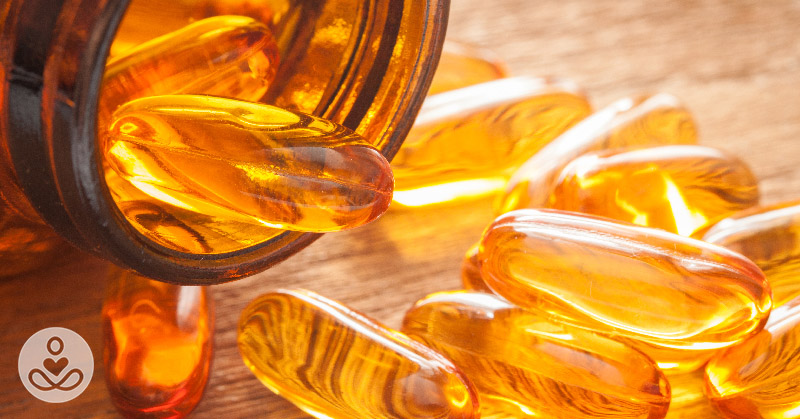Depression, as defined by the World Health Organization (n.d.-b), is a prevalent mental health condition characterized by persistent low mood or loss of interest in activities. On the other hand, anxiety, as defined by the American Psychological Association (n.d.), involves feelings of tension, worry, and physical changes like increased blood pressure. Both anxiety and depressive disorders often co-occur and fall under the broader category of internalizing disorders.
Conventional treatments for anxiety disorders may involve psychological therapy, medication, or a combination of both, with cognitive behavioral therapy being a highly effective form of psychotherapy. In the case of depression, pharmacotherapy is often used to alleviate symptoms, with selective serotonin reuptake inhibitors (SSRIs) being a common choice during the acute phase. In some cases, electroconvulsive therapy may be recommended for individuals with resistant forms of depression.
From a food, lifestyle, supplemental, and natural therapy perspective, there are various evidence-based approaches that can help improve mood and mental wellness. Omega-3 rich foods, such as cold-water fish, can play a significant role in maintaining mental health. Antioxidants found in certain foods like green tea and soybeans may also offer relief from depression and anxiety symptoms.
In addition to dietary interventions, natural remedies and supplements have gained popularity in managing anxiety and depression. Kava Kava, lemon balm, passionflower, SAMe, saffron, and St. John’s Wort are among the supplements that have shown potential in alleviating symptoms of anxiety and depression. However, it is essential to consult with a healthcare professional before starting any new supplements to ensure their safety and effectiveness for individual needs.






